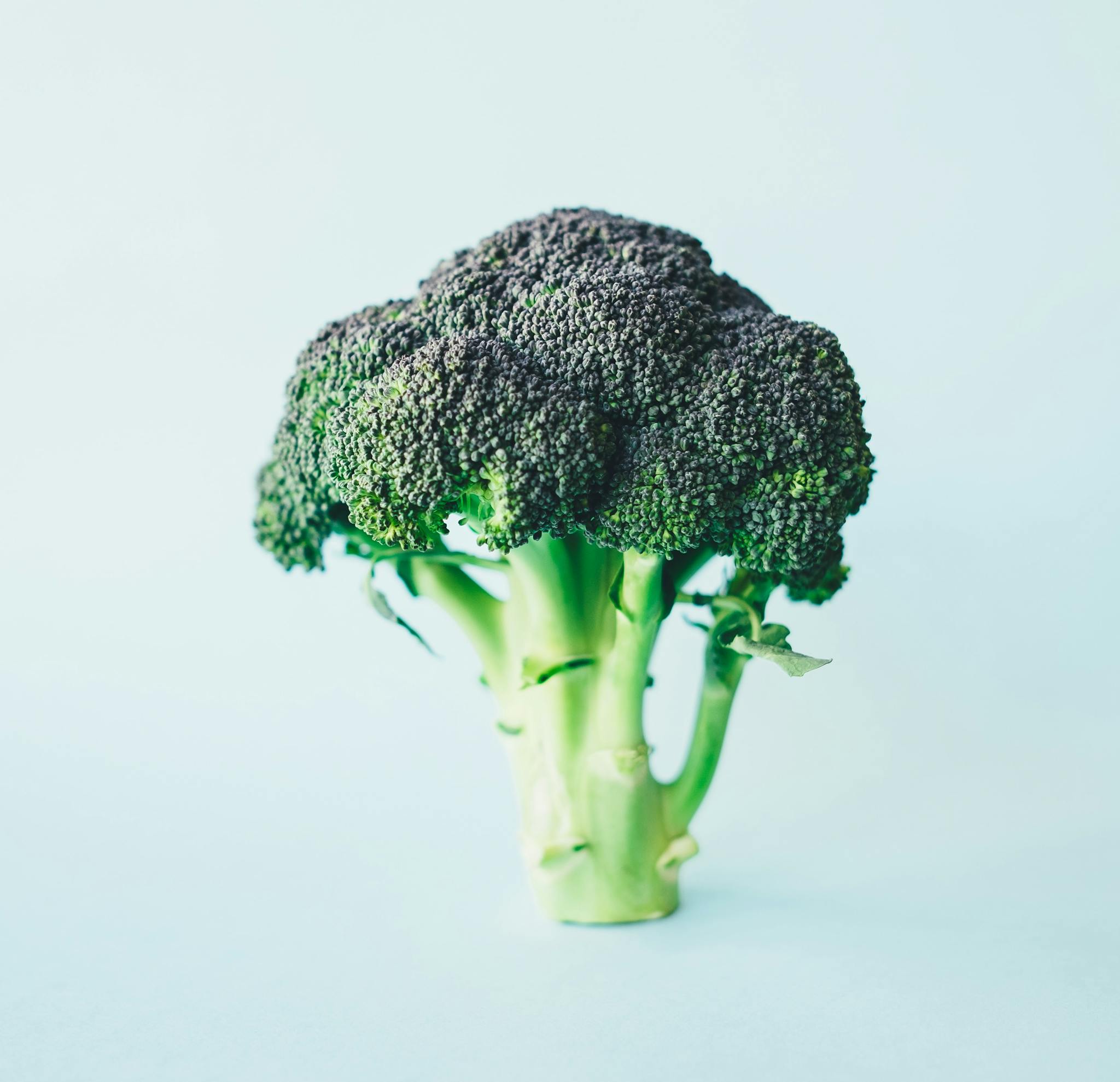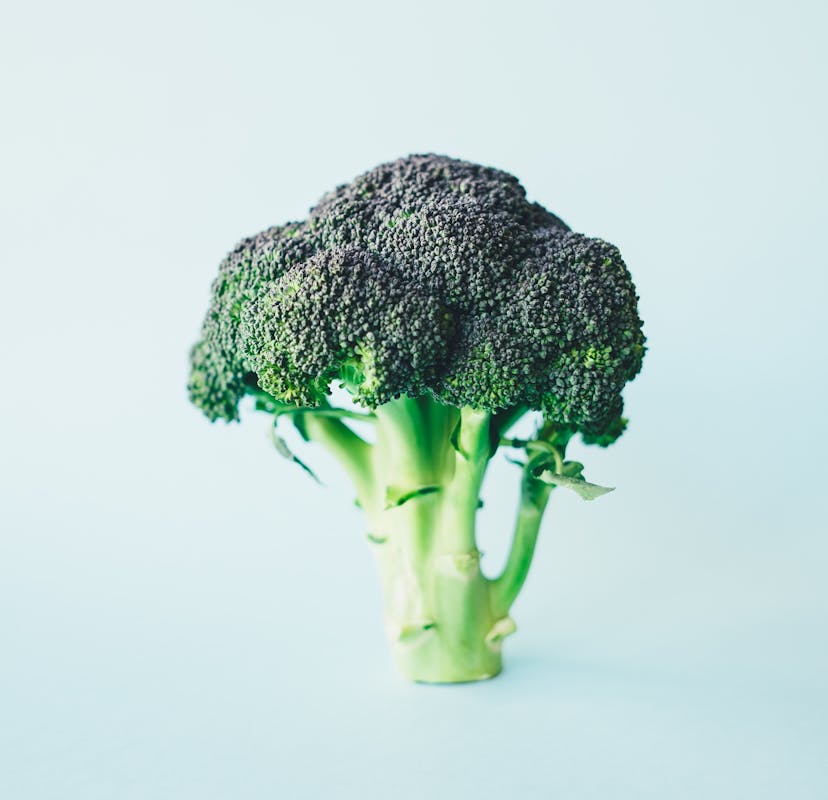Today, let's delve into the world of phytochemicals and explore one that has been garnering a lot of attention recently: sulforaphane. This naturally occurring compound found in cruciferous vegetables boasts a multitude of health benefits and has become a centerpiece of conversation among nutritionists, scientists, and health enthusiasts alike.
What is Sulforaphane?
Sulforaphane is a sulfur-rich compound found in cruciferous vegetables such as broccoli, cauliflower, kale, and Brussels sprouts. It belongs to a group of plant-based disease-fighting phytochemicals known as isothiocyanates. In its natural state, sulforaphane exists as glucoraphanin, a biologically inactive compound. When the plant is damaged (such as when it's chewed, chopped, or digested), an enzyme called myrosinase transforms glucoraphanin into sulforaphane, which is bioactive.
Because of this, eating raw cruciferous vegetables or lightly steaming them to preserve the enzyme myrosinase maximizes sulforaphane content. However, even cooked or frozen vegetables contain some sulforaphane, as gut bacteria can also convert glucoraphanin to sulforaphane, albeit less efficiently.
Health Benefits of Sulforaphane
Over the past few decades, sulforaphane has been heavily studied for its wide range of potential health benefits. Let's highlight some of these.
Antioxidant and Anti-inflammatory Effects
Sulforaphane has been praised for its antioxidant properties, meaning it combats harmful free radicals in the body. Over time, high levels of free radicals can lead to oxidative stress, which is associated with chronic diseases such as heart disease and cancer.
Sulforaphane activates a significant pathway in the body called the NRF2 pathway. This pathway regulates the production of antioxidants and detoxification enzymes. In essence, it's a critical defense mechanism against oxidative stress and inflammation.
Potential Cancer-Fighting Properties
One of the most discussed benefits of sulforaphane relates to cancer prevention and treatment. Research has shown that sulforaphane may inhibit cancer cell growth and stimulate cell death in certain types of cancer, including breast, prostate, colon, and skin cancers.
It’s important to note, though, that most of these studies have been conducted in vitro (outside of a living organism, e.g., in a petri dish) or in animals, and human trials are needed to verify these findings. Furthermore, while sulforaphane may help reduce the risk of cancer, it is not a standalone cure or treatment.
Neurological and Cognitive Health
Recent research suggests sulforaphane might be beneficial for brain health. Animal studies and limited human trials have shown potential in alleviating symptoms of neurodegenerative diseases, such as Alzheimer's and Parkinson's. Sulforaphane appears to have the capacity to cross the blood-brain barrier, allowing it to exert its antioxidant and anti-inflammatory effects within the brain.
Moreover, sulforaphane may aid cognitive function. One study found that sulforaphane improved cognitive function in mice, while another found that it might mitigate cognitive impairment in schizophrenic patients.
Support for Cardiovascular Health
Another noteworthy benefit of sulforaphane is its potential positive impact on heart health. Studies have suggested that sulforaphane could help reduce high blood pressure and LDL cholesterol levels, both of which are significant risk factors for heart disease.
Safety and Side Effects
In general, sulforaphane is considered safe when consumed in amounts typically found in foods. As with most things, moderation is key. Overconsumption can lead to digestive issues, and individuals with thyroid problems should be cautious due to potential interactions. As always, it's advisable to consult with a healthcare professional before making significant dietary changes or taking new supplements.
Conclusion
To summarize, sulforaphane is a potent phytochemical compound found in cruciferous vegetables that has been linked to numerous health benefits. Its antioxidant and anti-inflammatory properties, potential cancer-fighting capabilities, and possible neuroprotective and cardiovascular effects make it a compelling area of study.
While current research shows great promise, more extensive and comprehensive human trials are needed to fully understand sulforaphane's health effects and to determine optimal intake levels.
In the meantime, incorporating more cruciferous vegetables into your diet is a great way to tap into the potential benefits of sulforaphane, plus you'll gain the numerous other advantages that these nutrient-dense foods offer. Remember that sulforaphane is just one piece of the puzzle, and a balanced, diverse diet along with a healthy lifestyle is always the best strategy for overall well-being.

